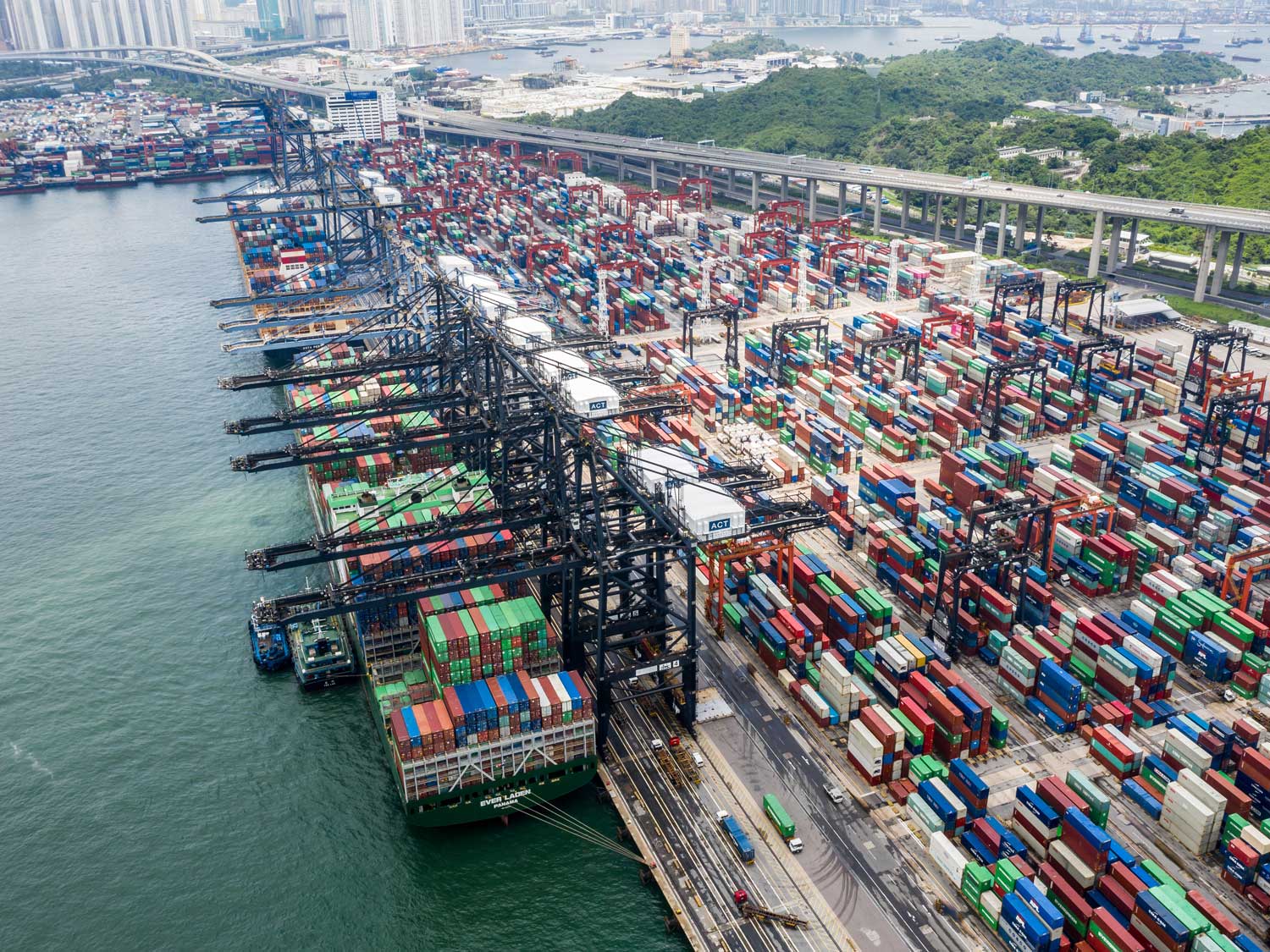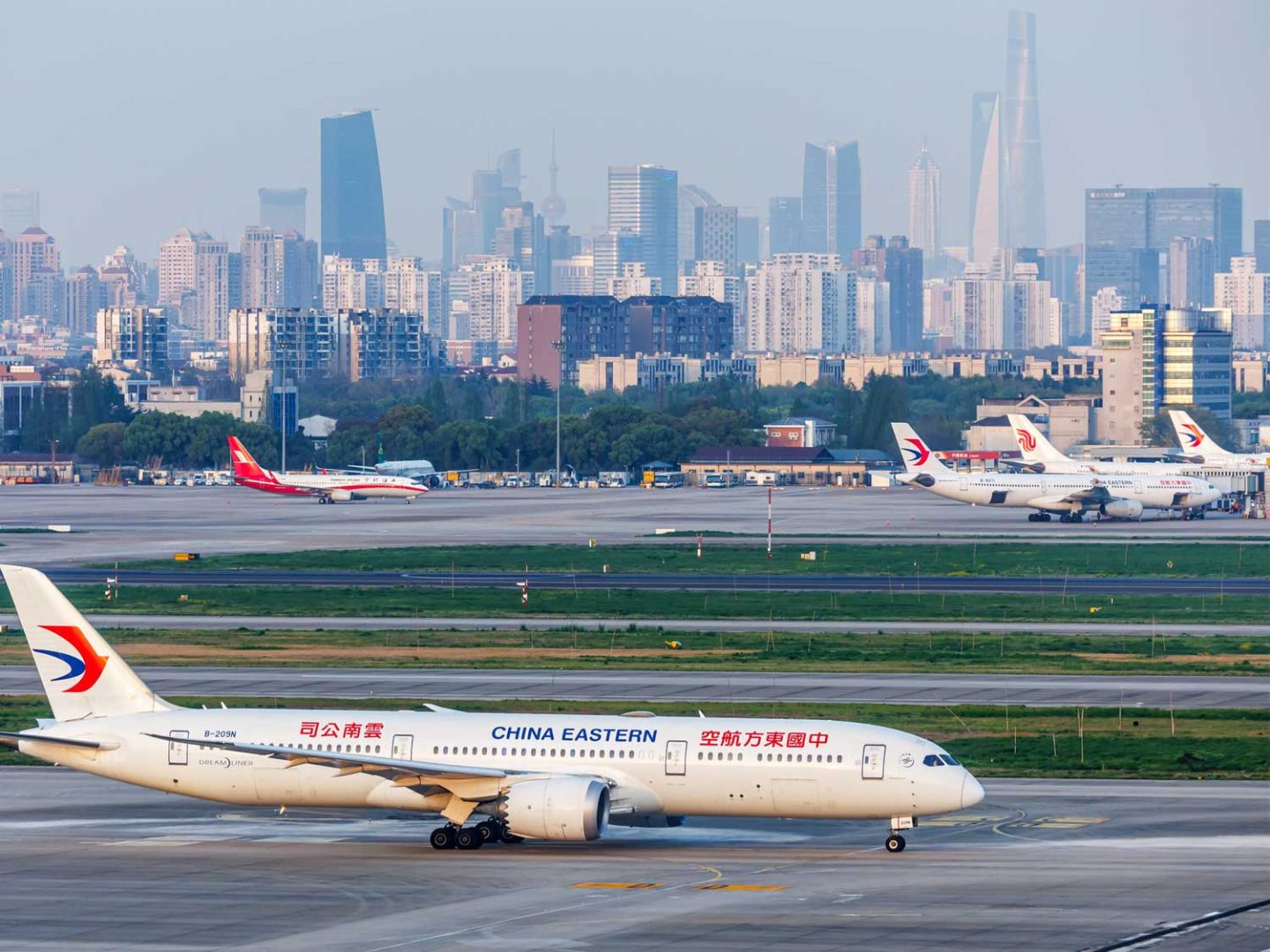Subject to ratification, the UK has joined the CPTPP trade pact with countries in Asia and the Pacific, including Japan, New Zealand and Australia, with whom the UK has agreed Free Trade Agreements (FTA).
The Comprehensive and Progressive Agreement for Trans-Pacific Partnership (CPTPP) was established in 2018 and succeeded the Trans-Pacific Partnership after the United States withdrew under President Donald Trump in 2017.
The CPTPP bloc is home to over 500 million people and generates 14% of global GDP in its 11 members: Australia, Brunei, Canada, Chile, Japan, Malaysia, Mexico, Peru, New Zealand, Singapore and Vietnam.
The UK, which already had deals with the majority of these nations carried over from its EU membership, is the first non-founding country to join, and will be its second biggest economy after Japan.
Even with some changes to the trading arrangements with other countries, the gains from the expanded accord is expected to be fairly small - around 0.08% of GDP over 10 years, according to the government's best stab at an estimate.
The CPTPP accounted for 8% of UK exports prior to the pandemic, but members like Vietnam are growing rapidly, which means that trade opportunities should exceed economic forecasts.
Becoming a CPTPP member means that 99% of UK exports will be eligible for tariff-free trade, including cars, machinery, food and drink.
Key benefits include:
1. A gateway to growth
CPTPP is a vast free trade bloc and is a gateway to the wider Indo-Pacific region, which will, over time, account for the majority of global growth and around half of the world’s middle-class consumers.
2. Preferential treatment
Manufacturers can claim their products qualify for preferential treatment when they can tick the so-called "rules of origin" box, as long as 70% of components come from participating countries.
3. Cutting export tariffs
Cars and machinery will benefit from the removal of tariffs, while dairy products, including cheese and butter, will get lower tariffs in Canada, Japan and Mexico and exporters of chocolate will benefit from zero tariffs on exports to Mexico and Malaysia.
4. Diversifying supply chains
British businesses can trade more freely across the bloc. For example, UK automotive manufacturers could sell car engines tariff-free to a car maker in the bloc, who could then sell their cars tariff-free to any member country.
5. More access to quality goods
Greater access to global supply chains is an important source of competitive advantage, with cheaper import prices for inputs to manufacturing, with tariffs eliminated on a wide range of inputs, including machinery and chemicals.
The provisions could help UK producers of items such as machinery and medicines - our most valuable exports to those nations - by reducing their costs and allowing them to expand their supply chains across the constituent countries.
The treaty will be scrutinised and ratified by members before coming into force, which could take at least a year.
The biggest potential rewards could occur if others join CPTPP, with China and Taiwan among those showing interest, but the biggest prize would be if the US reversed President Trump’s veto.
We have network partners in CPTPP member countries and around the pacific, to simplify trade with the bloc, while our fixed price and long-term capacity agreements with partner carriers will provide resilient and reliable supply chain solutions.
Our cloud-based supply chain management platform, MVT, simplifies global trading expansion, by making every milestone, event and participant transparent and controllable, down to individual SKU level.
To discuss how our experience, network and technology could support your CPTPP supply chain, EMAIL Elliot Carlile.





